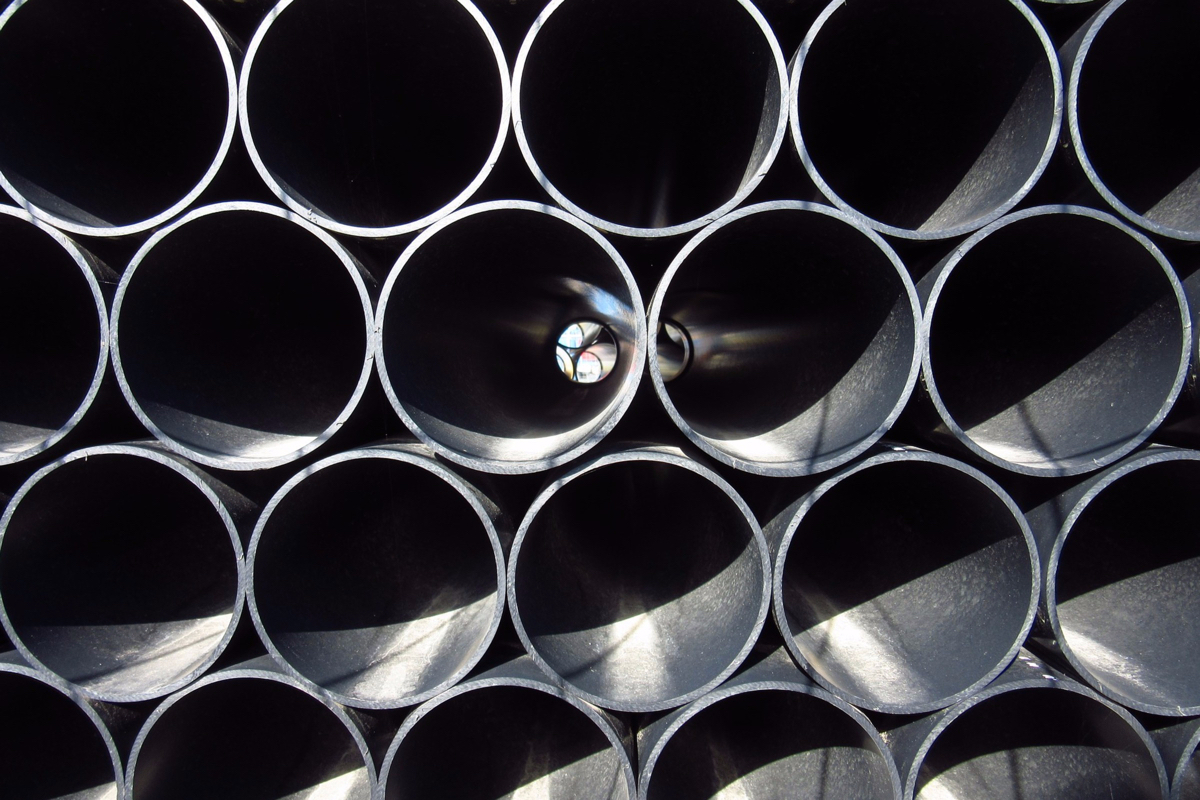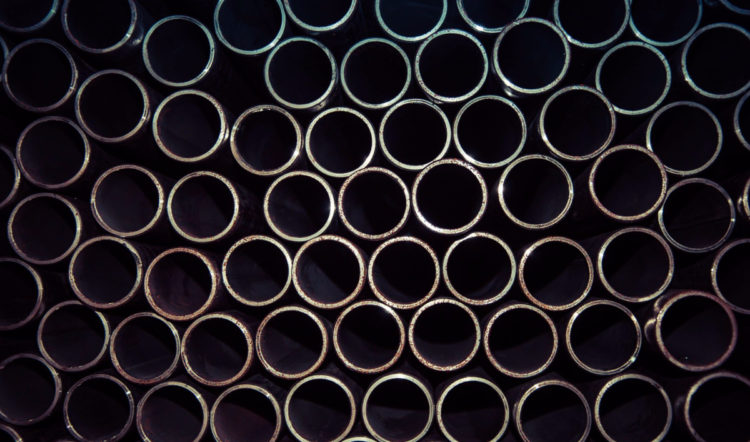Important Steps to Remember When Shipping Pipe
While there are important steps to take when shipping freight of any kind, there are particular steps to keep in mind when shipping pipe. Few commodities encompass such a wide variety of materials and handling requirements.
Depending on the type of material the pipe is made from it can be easily damaged during shipping, which can send costs soaring, delay construction and have other costly, stressful ramifications on your business.
With PVC, coated, galvanized, cast iron and concrete…to name a few, understanding the unique ways to handle and best ship this important commodity will ensure the safety of your freight, your peace of mind, and ultimately a strong return on your shipping investment.
Watch for these traits to identify a strong transportation partner to transport your pipe.
When conducting initial research on potential transportation partners to ship your pipe, look for these key characteristics:
* Flatbed trucking specialists are more likely to understand the nuances of hauling especially large, heavy or unique freight, including pipe.
* Access to a wide variety of trailers. The companies best set up to handle your pipe shipping will have access to a wide range of trailers with little to no delay, where and when you need that trailer. Here at Loadstar, we can quickly provide a 48ft flat, 53ft flat a 40ft hotshot trailer, or even a steerable pole trailer whenever and wherever you need them. As an asset-based carrier as well as a 3PL, we have the best of both worlds and are especially well positioned to handle your multi-load projects.
* One point of contact for sales, dispatch, or any accounting or invoicing related questions means less stress for you, and a stronger relationship with your transportation provider.
* Online Tracking for all your loads gives you extra peace of mind that your pipe is where it is supposed to be, and when, safely.
Be sure your transportation provider is experienced with pipe.
In an ultra-competitive landscape, few trucking companies or transportation providers will turn down a new client. They may even try to convince you to work with them by offering you rock-bottom prices.
But those “cheap” prices come at a cost.
Every business wants to save money, and it can be tempting to go with the cheapest prices when shipping pipe. But because of the uniqueness and nuances specific to pipe shipping, it is imperative you work with a transportation provider who understands and has experience shipping your valuable freight.
Don’t just take their word for it — ask for the following information to help you make the best decision:
* Thorough training. All drivers are not created equal. Ask your transportation partner for specific information about the training its drivers receive, specifically for the handling and transport of pipe.
* Experienced representatives. Is the dispatcher or sales person you are speaking with familiar with industry terminology and typical load requirements? Are they confused if you ask for a trailer with a headache rack or if you ask for pipe pins or shipping cradles?
* Problem solving and prevention skills. Don’t be afraid to quiz your transportation provider on important elements of shipping pipe. He or she should be knowledgeable and comfortable enough to freely discuss how they prevent some of the most common types of damage that can happen to pipes during transport, including:
>> Mechanical failures like bruising or notching of the pipe. Either issue can compromise the integrity of the pipe, rendering it unusable. Notches are caused by pipe edges taking pieces out of other pipes they are resting against. Stacking too much weight on a pipe or a pipe colliding with other pipes can cause a flat spot, or bruise.
>> Corrosion can come from several sources. Moisture can occur when shipping in rain, snow or any wet weather, leaving enough moisture for rust to form. Chemical corrosion can occur when humidity mixes with truck exhaust to create an acid, or when standing water in pipes mixes with road salts during transport. This result can cause pitting or small craters to form on your pipes.
>> Bending can occur when pipes are either not lashed in place properly or are lashed too tightly. In severe cases, this effect can render the pipes unusable.
Choosing the right transportation partner to ship pipe can save you time and money.
Here at Loadstar, we have the experience and knowledge necessary to ensure the safe and efficient transport of your pipe. Contact us today to discuss your specific needs and get started.


